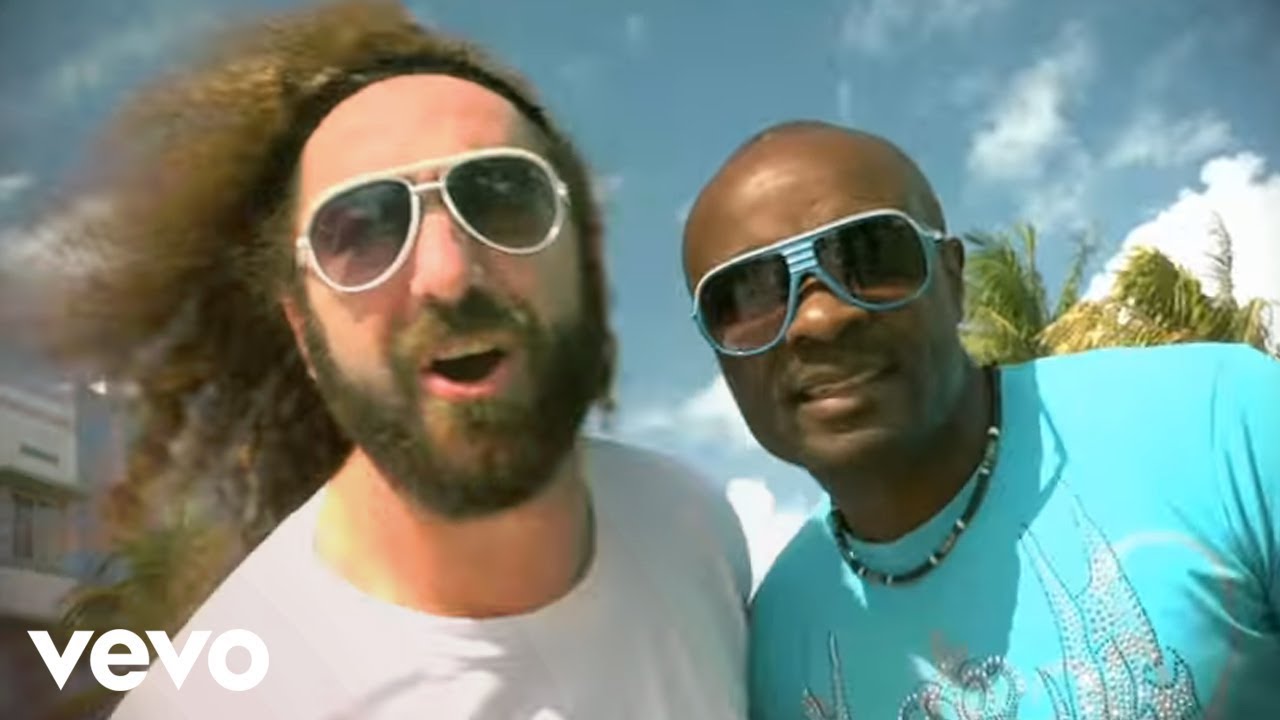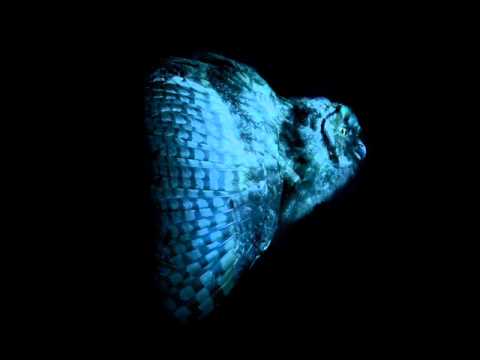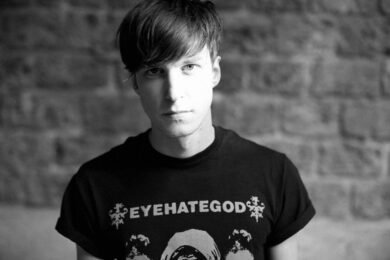September in France is the time of la rentrée. In August, everything stops: musicians stop playing, businesses close, birds stop singing. In Paris, in August, you will not find a single Parisian. They spend the month somewhere – anywhere – else, hiding from the tourists. When they’re sure the tourists have left, they return, and flick the switches back to ‘on’. This is la rentrée. Actually, there’s a rentrée of sorts after every holiday period, but the September one is the biggie. If you tried to translate rentrée as a single word, you might come up with re-entry, a term which is often used for astronauts when they return from space.
The concept is not entirely alien to us. We have ‘Back to School’, for example, but in France it’s back to everything. There is the rentrée for schools, of course, but also literature, music, politics, furniture and possibly oxygen. In the case of the literary rentrée, this means that more books are published in a month than you could ever feasibly read in two lifetimes. The labels also whirr back into life, having left the masses with a few ‘summer hits’ (tubes de l’été – the music industry’s equivalent of an ‘out of office’ message’), to keep them occupied.
This is the summer that was… Kiss it goodbye.
When he arrived with his Galaxy Of Nowhere album (released in 2010 in the UK and the previous year in France), Toulousain Mondkopf (24-year-old Paul Régimbeau) was painted as something of an ingénue, apart from and untainted by the rest of the French electro scene – a relative newcomer who started out trying to programme hip-hop beats inspired by Timbaland and Jay Dee.
“It’s true because I grew up listening to rap, electronica and things like Phillip Glass, and I discovered Daft Punk a little after the release of Galaxy Of Nowhere, when in France they’re a key influence on lots of young producers," says Régimbeau. "My relationship to dance music was mostly via some good memories of really commercial trance tracks I heard when I was a child, and then hybrid dance releases from Modeselektor and Apparat. But when I arrived in Paris I went out clubbing quite a lot and since then I’ve done a fair number of DJ sets, so I’m not really a ‘dance music ingénue’ any more. That said, I do feel somewhat apart from the electro scene in France because even though my album is electro I mostly listen to and mostly play industrial techno, which is not really what’s popular here. As it happens, I’m launching my own label, In Paradisium, in November, which is along those lines.”
He definitely sounded quite different from the prevailing French Touch 2.0 producers – with Ed Banger et al, for example, the vibe was more that of a rock gig, with all the scuzzy energy and bad, crackly PA sound that entails. Mondkopf was chasing a different collective mode, communion rather than conviviality, the religiosity of rave (Justice covered that to an extent, but there it’s mock-awe, really, the crucifix as trash icon.) There were rich bass pads that could resonate through your bowels, lightly crunchy boom-bap beats, pseudo-classical flourishes and music box melodies given the Aphex Twin/Boards of Canada through-frosted-glass-window treatment. These crisp techno hymns could teeter on the brink of empty monumentalism or merely decorative prettiness, but were generally redeemed by their slightly unreal, morning sun-bathed aura (similar to that of the commercial trance Régimbeau recalls from his childhood).
If Galaxy of Nowhere was hymnal and at least fleetingly concerned with Christian rites and symbolism (‘Lambs Are Dancing’, ‘Ave Maria’) then Rising Doom (again, already out in France but released in the UK in October) is its dark reflection or inversion, a black mass.
“I think that’s a good way of looking at it," he agrees. "It was quite a natural evolution for me even though it might appear that there’s a big contrast between the two albums. I didn’t want to restrict myself to just one kind of atmosphere, it’s true that Galaxy of Nowhere could be taken as representing a certain idea of happiness whereas Rising Doom is more about ill fortune. So it’s definitely true that the two albums complement each other rather well. Faith is something I’ve always found affecting, and although I didn’t think directly about the opposition that you hear between the two albums I think ultimately it comes from there: faith can take different forms, Christian, pagan, it’s always interesting in itself.”
It bears the influence of doom and black metal: “That’s part of the story,” says Régimbeau. “I remain under the influence of Aphex Twin and Boards of Canada. From the beginning, these two types of music that I listened to naturally made their presence felt in the music I was making. And then, after doom and black metal, I listened to a lot of Slowdive, The Chameleons, My Bloody Valentine, The Cure… A certain type of sombre, ethereal pop.”
The ‘doom’ here is worth qualifying. The Wire contributor and blogger Sam Davies has pointed out how 90s doomcore techno differed from black metal:
“There’s… a weird tension between [doomcore’s] maximalized nihilative death-drive, right up in your face, while in the background are its roots in Acid culture and its ecstatic spaces, shared utopia. It’s a logical unfolding of a very ancient theory of hedonism: the Dionysian or Bacchic frenzy in which unhinged orgiastic revelry ends in the madness of the Maenads tearing victims limb from limb.”
This is precisely the case with Rising Doom – it’s pounding (re: The Loudness Wars, this is well up there), ominous, cavernous but, for all that, it’s also pretty gleeful. It employs a pumped up, strictly grid-locked and very literal production style that, to be honest, doesn’t usually appeal to me but that works well, even thrillingly, in this case. The stadium-destroying (Régimbeau says he was definitely thinking about live performance when writing the album) charge of some of these tracks, such as the ludicrously banging ‘Where The Gods Fall’, would be shackled by more nuanced/tasteful/hip sound design. And those beats need to sound as programmed, as inhuman, as possible. According to Davies, “Black metal… looks back into legend for its vision of the world and its end. Doomcore faces forwards into dystopia, to death-by-machine.”
“The album could bring to mind an image, the beginning of a planet facing future devastation,” reckons Régimbeau.
Rising Doom is doom-lite or doom-pop to a degree, but that shouldn’t be taken as a slight – if anything it means that the “weird tension” proper to doomcore is condensed and consequently heightened. In metal terms, as much as it gestures towards the doom/black end of the scale (and ‘Moon’s Throat’ is peppered with very doom-y drum fills as it fills up with guitar sludge) it could also likened to the heavy-but-springy crossover metal of Metallica’s eponynous Black Album. In a dance context, it’s perhaps what Justice’s debut would have been like, at least in terms of mood, if it had all been in the vein of ‘Waters of Nazareth’ (if it had been a better record, basically.)
Régimbeau does feel a certain affinity there: “I really liked the production of the single version of that track. I see what you mean, it’s not deliberate but I don’t think that’s a bad comparison. I think we share the same taste for a sound that’s a little vintage and metallic. But besides that, it seems as though they really like a certain FM American sound and want to reappropriate that, which I don’t mind at all but it’s not something I’m interested in doing.”
I wonder how serious this is for Régimbeau – after all, there’s plenty of low Romantic, soft goth pop-cultural produce around at the moment, all those emo-vampire films and books.
“I think it’s more existential," he says. "Frankly, I’m not into deliberately referencing existing pop culture mythologies. I’m primarily drawn towards music that has a gothic quality. I’m more interested in looking into myself for inspiration than being inspired by pop culture or the codes of dark romanticism, I don’t really watch those kinds of films and I’m not really into gothic literature, even if that is the kind of music I listen to. For example, [Dorset doomers] Electric Wizard are largely influenced by B-cinema, but when I listen to them I experience it as something directly emotional. I’m not going to use dark romantic references to create something poppy, or repurpose them – for me this is a sincere form of expression.”
You might therefore have Régimbeau pegged simply as a gloomy, introspective sort but when I ask whether he’s an observer more than someone who enjoys dancing with the crowd, he says: “Oh not at all, I’m the first to start dancing!”
For more from Rockfort, you can visit the official site here and follow them on Twitter here. To get in touch with them, email info@rockfort.info.





